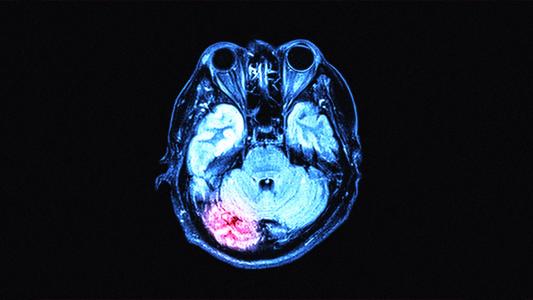Our best shot at ending the COVID-19 pandemic is for society to develop “herd immunity,” a term used for the tipping point when enough of a population is immune to a pathogen that it can no longer spread.
Scientists aren’t exactly sure what the herd immunity tipping point is for the coronavirus, but estimates range from 40% to 70%.
Widespread deployment of a coronavirus vaccine could get us there, but we still don’t know when (or even if) we’ll have one of those.
The other option is to wait for enough people to catch and recover from COVID-19 — at that point, they will have coronavirus antibodies in their blood that should grant them some natural immunity from the virus.
But based on a new study out of Spain, that second option for reaching herd immunity may no longer be on the table because coronavirus survivors’ antibodies can disappear.
Hunting for Coronavirus Antibodies
Since April, researchers in Spain have conducted three waves of coronavirus antibody screenings in the nation, testing more than 68,000 people.
According to their latest results, published in The Lancet, only 5.2% of the tested population had coronavirus antibodies in their blood during the final wave of testing (June 8 through June 11), despite Spain being one of the nations hit hardest by COVID-19.
Immunity can last for just a short time and then disappear.
Raquel Yotti
Additionally, 14% of people who initially tested positive for antibodies tested negative in a follow-up screening. It appears most of those who saw their antibodies disappear had less severe cases of COVID-19, with either mild or no symptoms.
A much smaller study of 74 patients in China corroborates the finding that antibodies can disappear in coronavirus survivors, and it, too, noted a higher rate of loss among patients with milder cases.
However, it isn’t yet known how many people may ultimately lose these antibodies or how long they persist.
“Immunity can be incomplete, it can be transitory, it can last for just a short time and then disappear,” Raquel Yotti, one of the authors of the Spanish study, told The Times. “We must keep protecting ourselves and protecting others.”
The Path to Herd Immunity
While most places have responded to the coronavirus pandemic with lockdowns and social distancing mandates, some — most notably, Sweden — have let life carry on as normal.
One argument for this type of coronavirus response is that, while it requires many people to get infected and some to die upfront, the population will achieve herd immunity sooner and avoid a second wave of infections.
The latest data from Sweden suggests that the plan might not be working out as hoped — despite the nation having far more deaths than its neighbors, its population is still well short of the herd immunity goal, with just 6% testing positive for coronavirus antibodies as of a June 18 report.
Isabella Eckerle, head of the Geneva Centre for Emerging Viral Diseases, and Benjamin Meyer, a virologist at the University of Geneva, argue that the results of Spain’s study definitively refute the herd immunity strategy.
“In light of these findings, any proposed approach to achieve herd immunity through natural infection is not only highly unethical, but also unachievable,” they wrote in a Lancet commentary on the study.
Understanding Immunity
Even if any of these studies found that nearly 100% of the population had coronavirus antibodies, though, scientists still haven’t proven that they can prevent a second infection, though the evidence is promising.
On the flip side, coronavirus survivors without antibodies might be less susceptible to infection than people who’ve never contracted the virus or they might only experience mild symptoms if infected a second time — researchers simply don’t know for sure.
The job of good vaccine design is to overcome all these problems.
Daniel Altmann
There is also a chance another of our immune systems’ weapons — T cells — could provide some kind of immunity in the absence of antibodies, but that’s yet to be confirmed, too. (That would be good news, however, because a large share of the population already has these T cells from other coronaviruses, such as the common cold.)
Any shortcomings in the weapons we naturally develop in response to a coronavirus infection could be addressed with a coronavirus vaccine, though, according to Imperial College London researcher Daniel Altmann.
“The job of good vaccine design is to bypass and overcome all these problems to stimulate a large, sustained, optimal, immune response in the way the virus failed to do,” he told The Times.
So, for now, a coronavirus vaccine still appears to be our best hope for reaching herd immunity — and until it’s ready, our focus should be on keeping the number of coronavirus cases as low as possible.
We’d love to hear from you! If you have a comment about this article or if you have a tip for a future Freethink story, please email us at [email protected].






